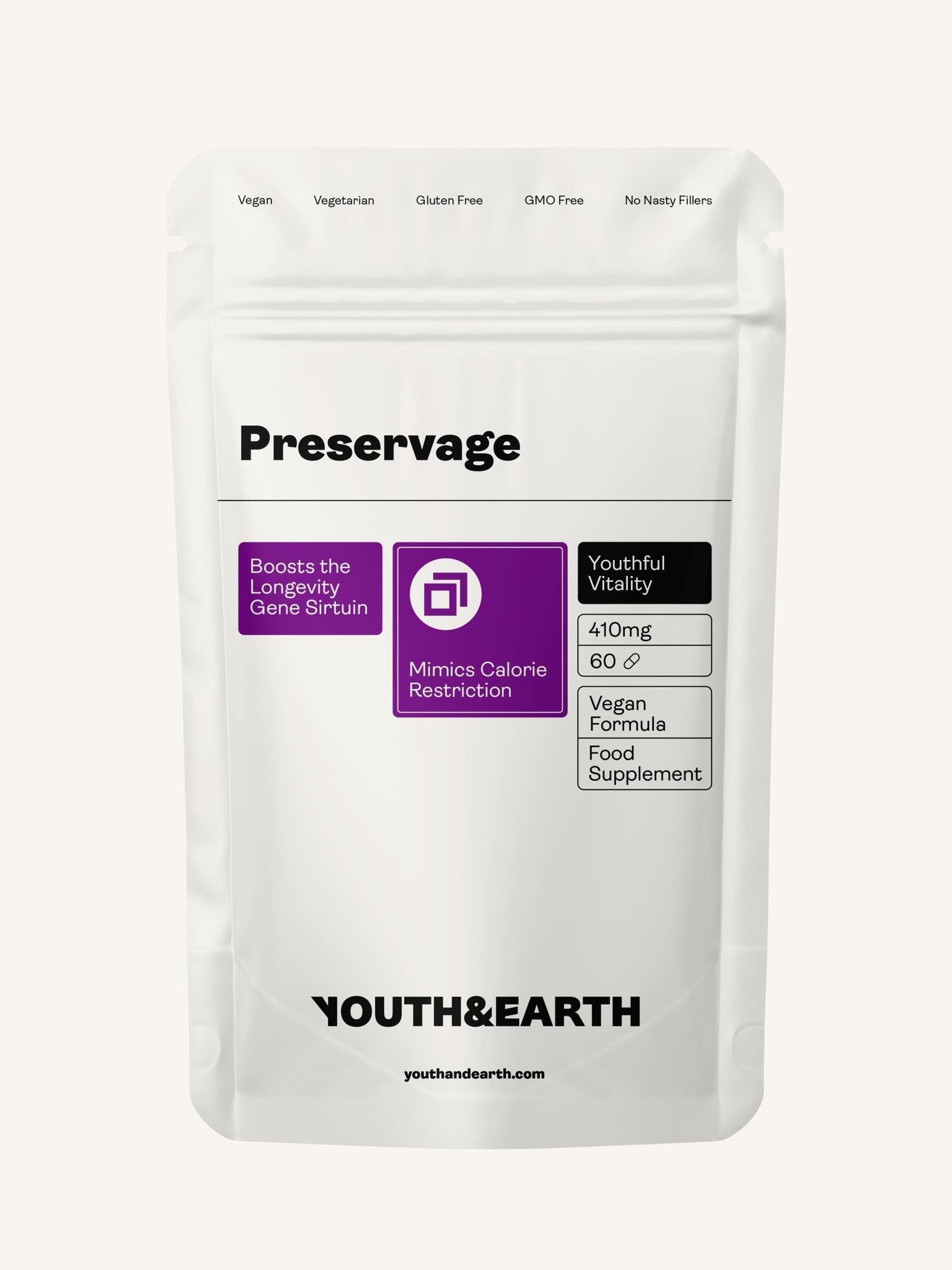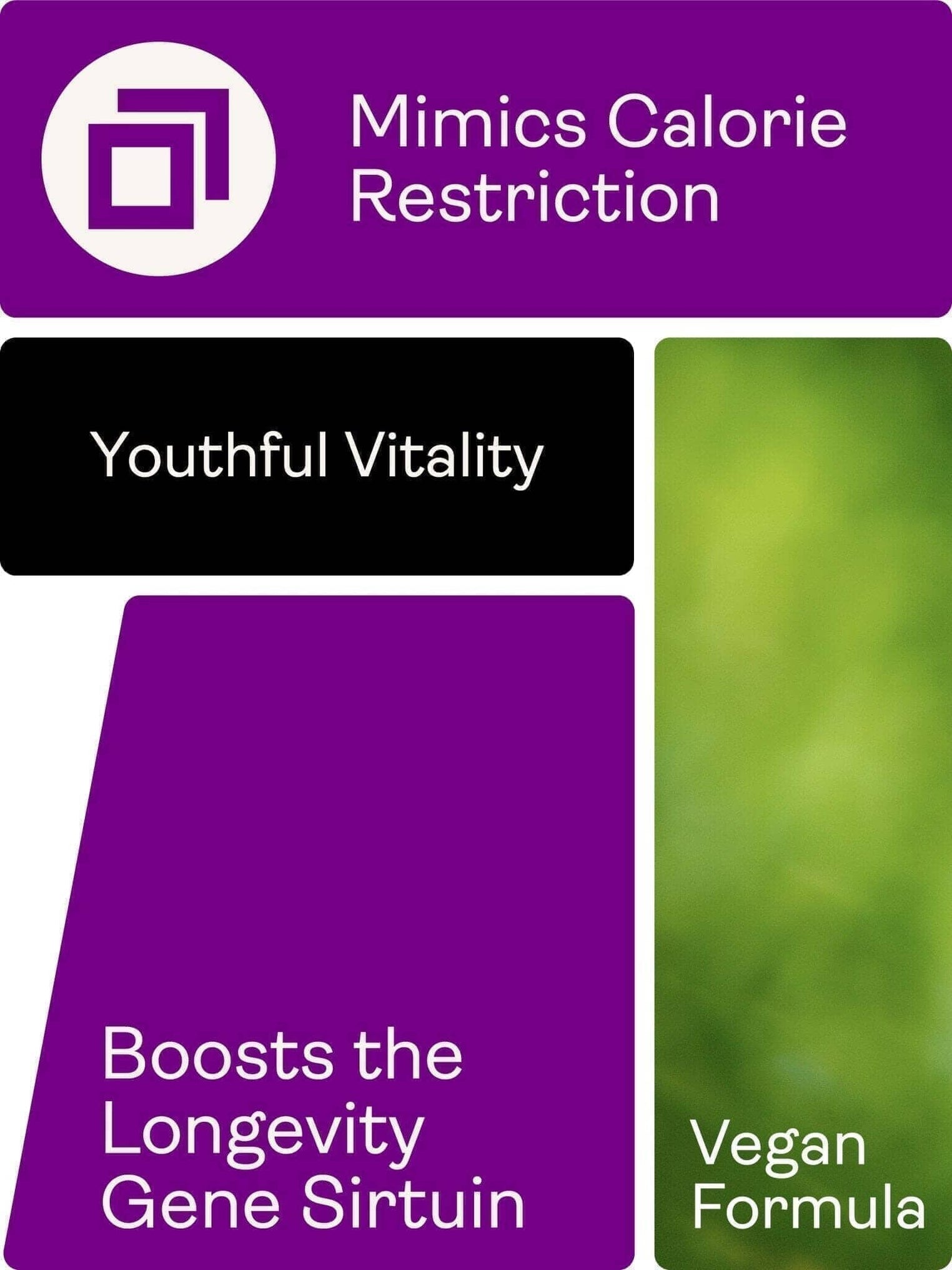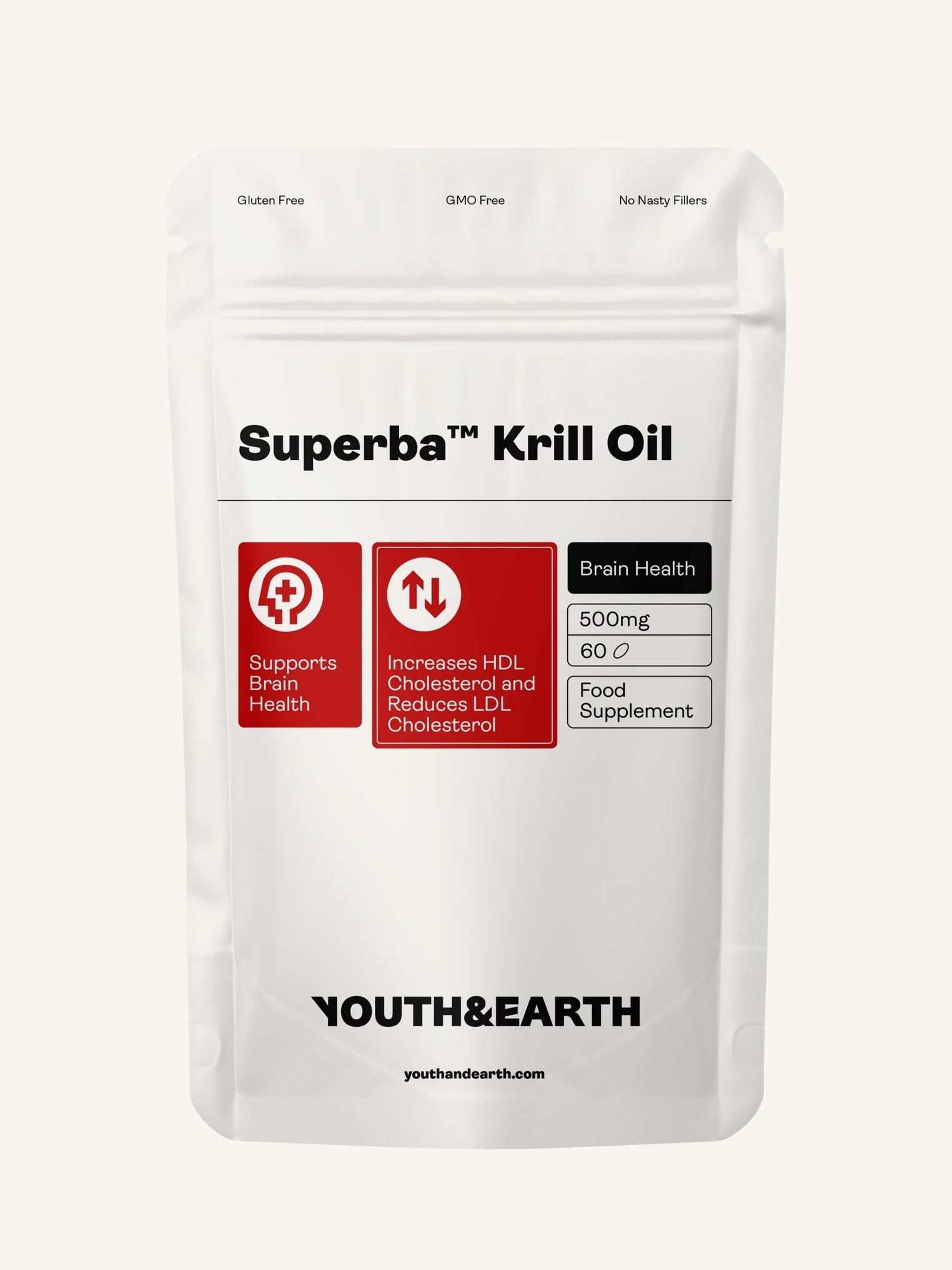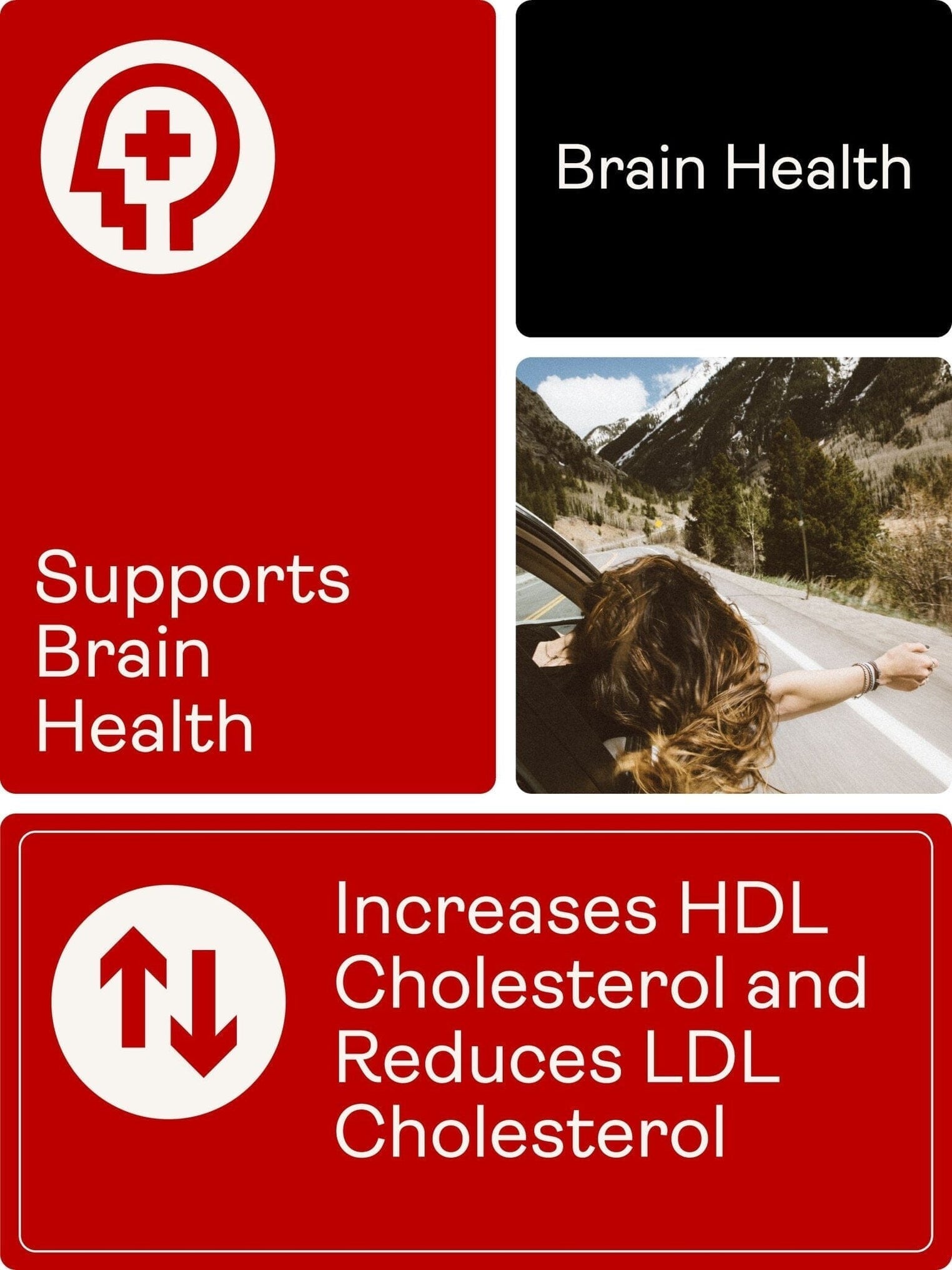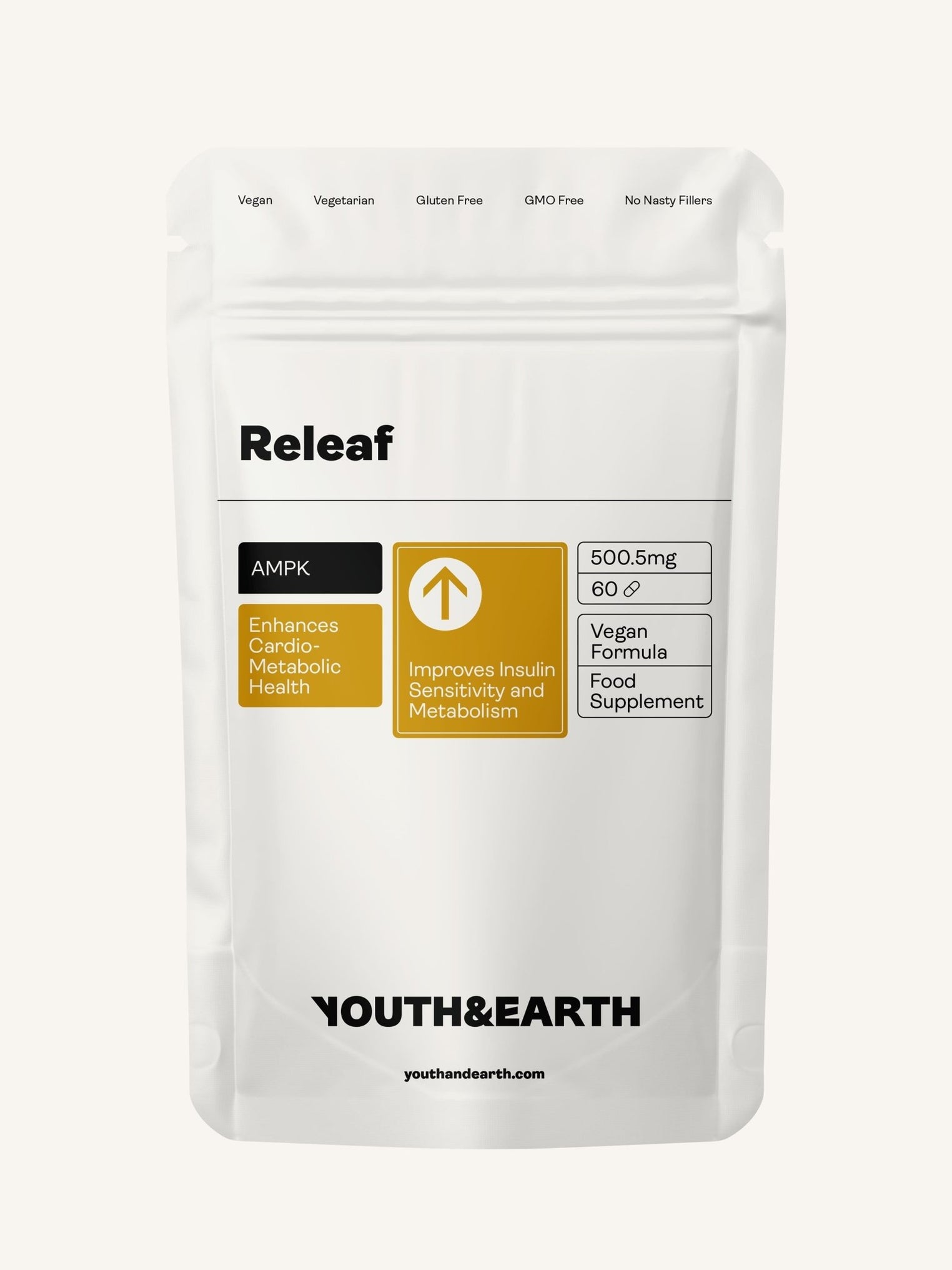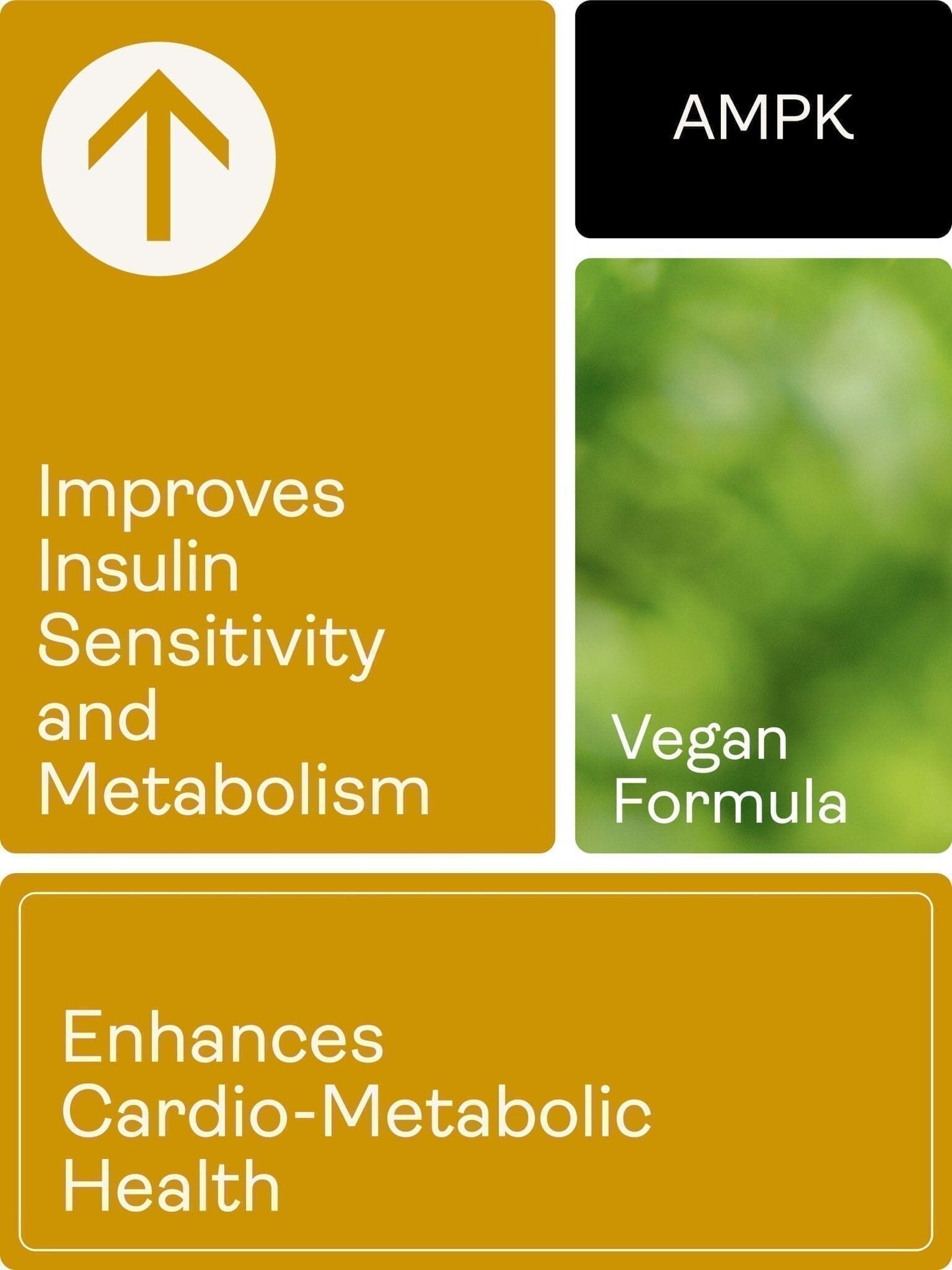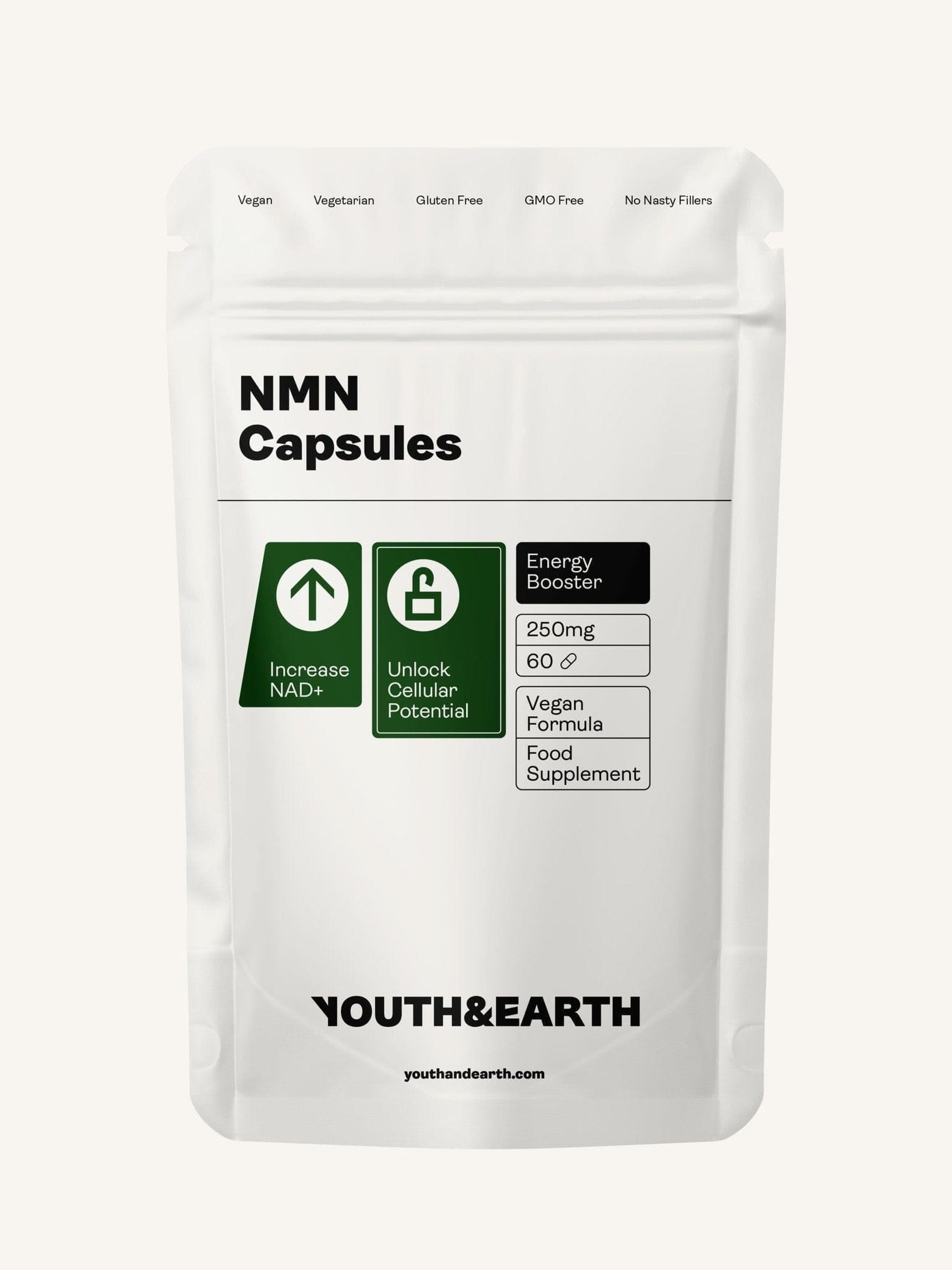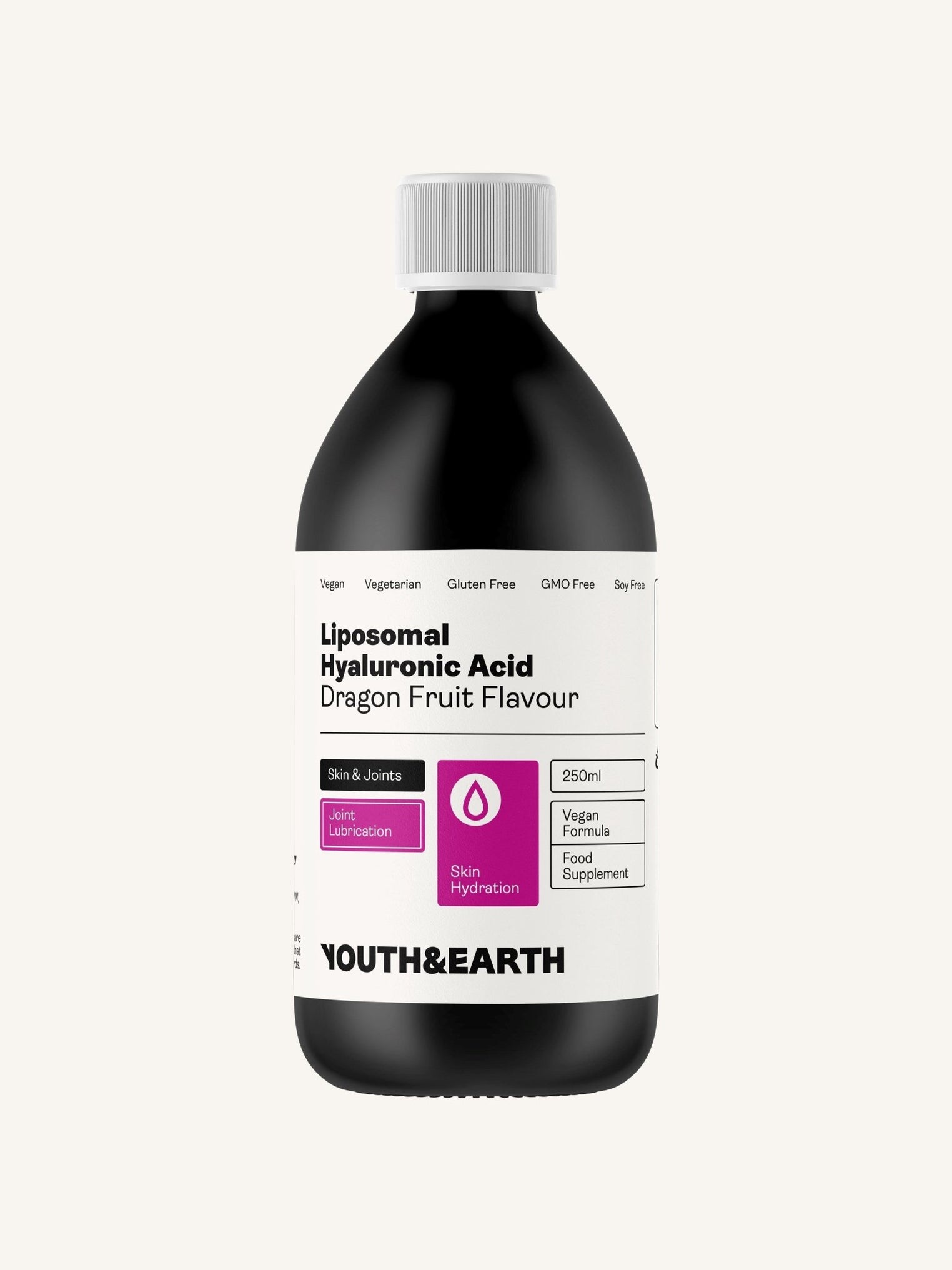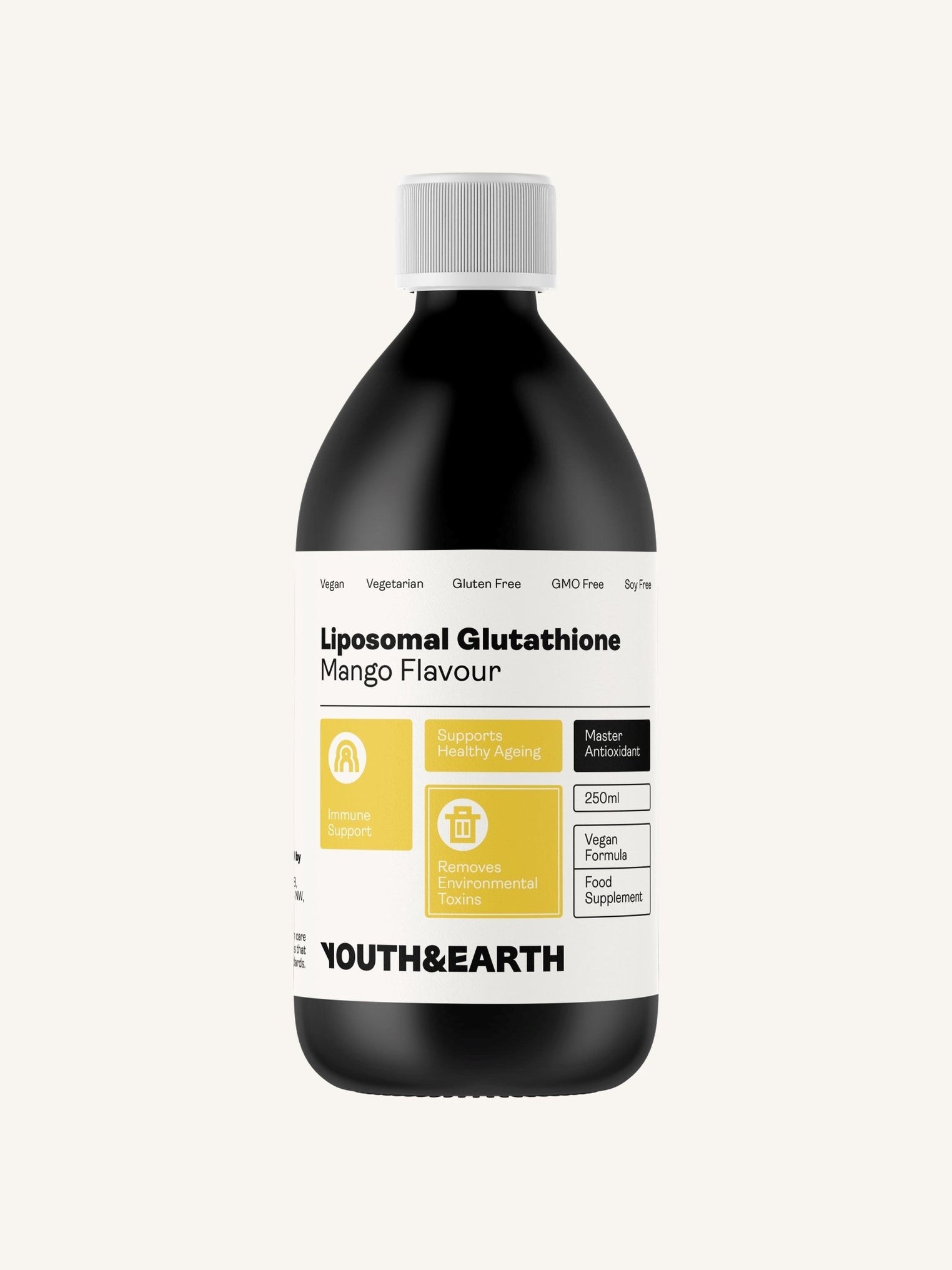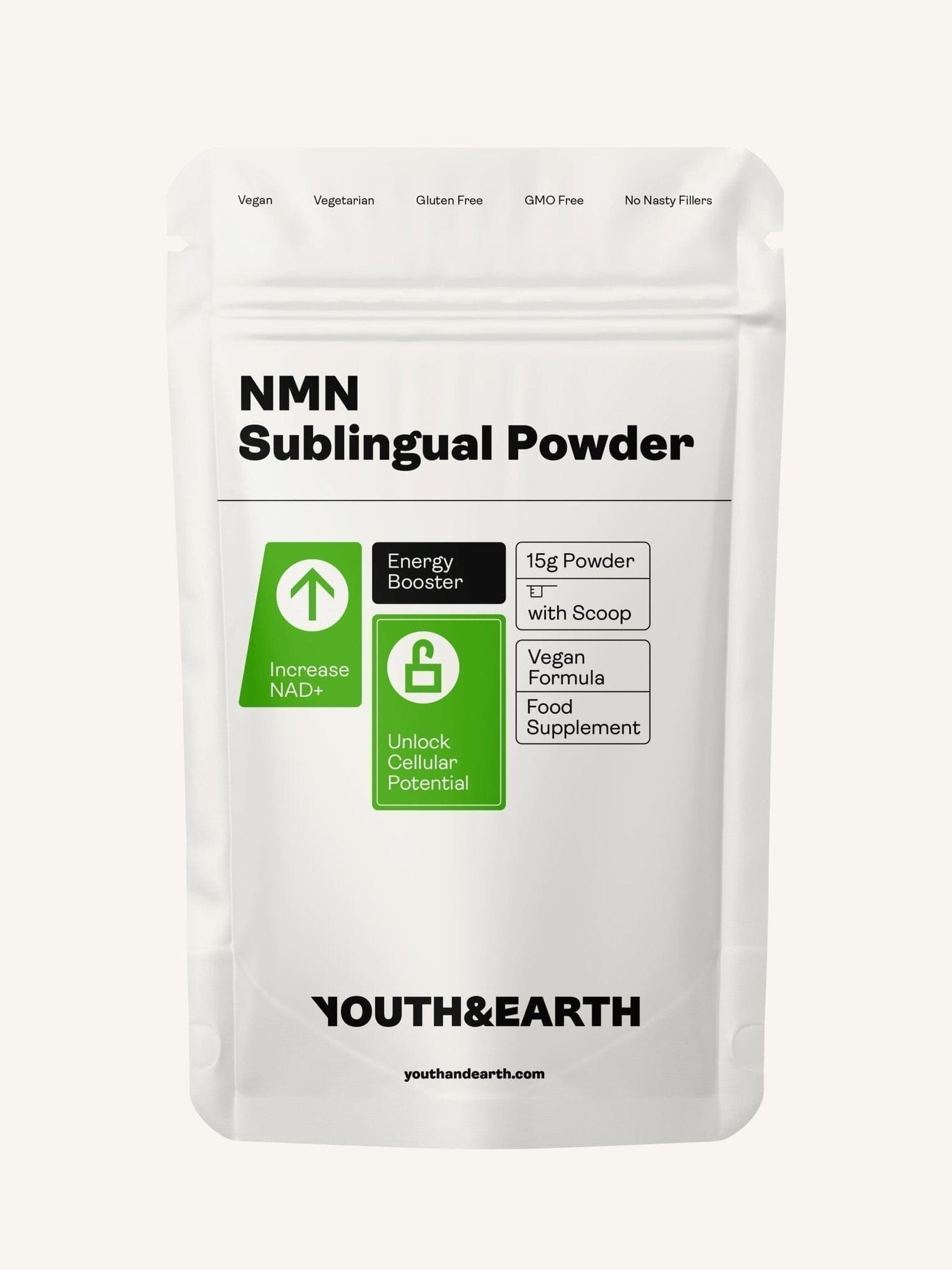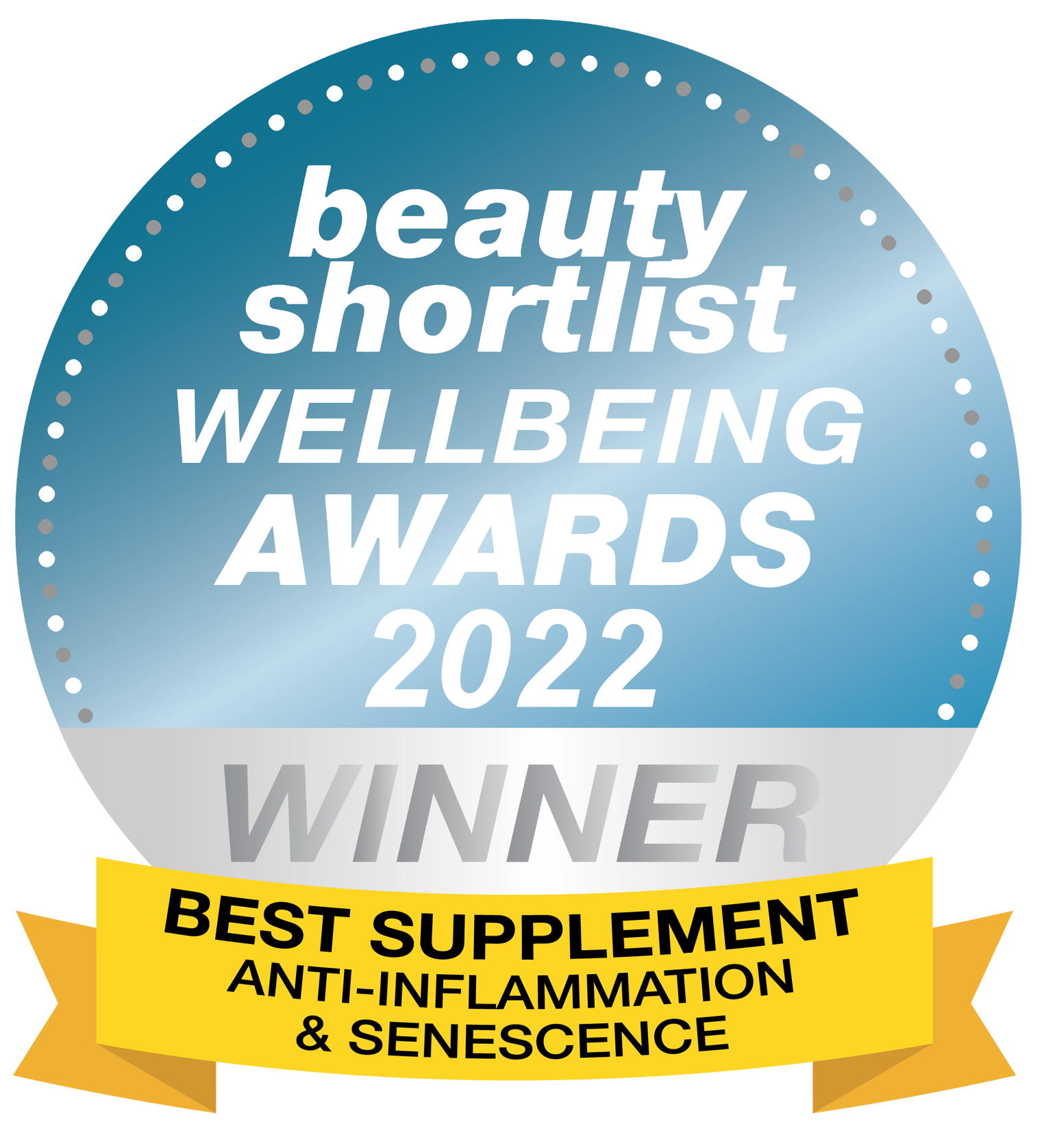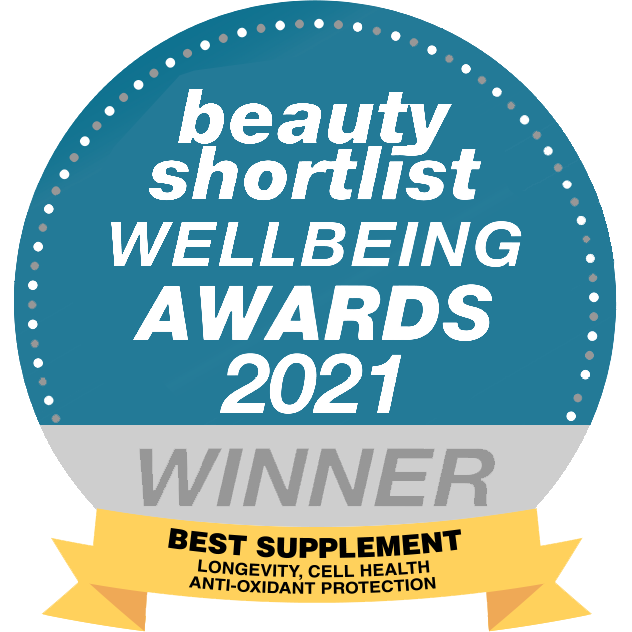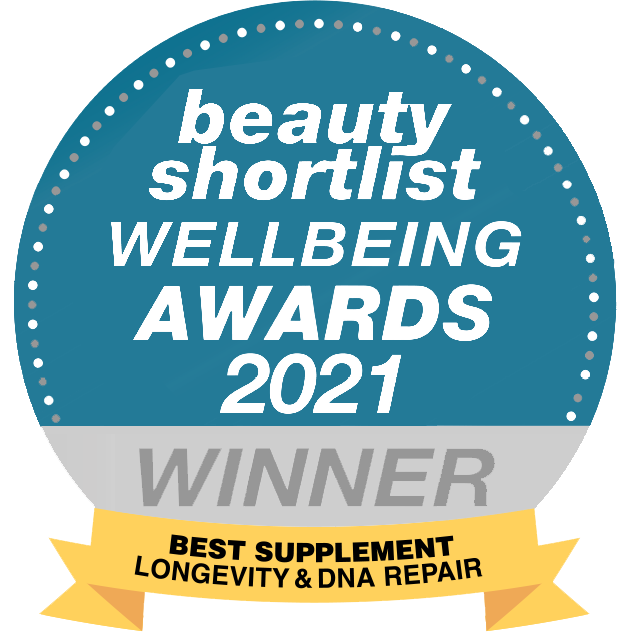Se alguém lhe dissesse que o envelhecimento é algo plástico que pode ser manipulado à vontade e reverter ou retardar o processo, acreditaria nessa pessoa? Já alguma vez se perguntou porque é que as pessoas das Zonas Azuis têm uma vida tão saudável e longa? A resposta está nas vias da longevidade.
Vias da Longevidade - O que são?
As vias da longevidade são como canais de comunicação entre as células do seu corpo. A comunicação é feita sob a forma de sinais químicos (moléculas e proteínas) segregados de uma célula emissora para uma célula alvo. Uma vez no interior da célula-alvo, as moléculas de sinalização transmitem a mensagem através de uma cadeia de mensageiros químicos, provocando alterações na atividade celular.
Compreender estas vias e o seu funcionamento é absolutamente essencial se quiser compensar o impacto das doenças relacionadas com a idade e melhorar a sua qualidade de vida.
Com base em experiências laboratoriais e estudos bioquímicos, os cientistas conseguiram identificar quatro vias de longevidade que regulam o processo de envelhecimento nas nossas vidas.
-
mTOR
-
AMPK
-
Sirtuínas
-
NF-kB
Cada via tem um mecanismo distinto subjacente à forma como regula as funções do seu corpo e o envelhecimento. As quatro vias funcionam em sinergia. Vamos aprofundar um pouco mais cada via.
Via de longevidade mTOR
O mTOR(mammalian target of rapamycin) é uma proteína que se encontra em diferentes tipos de células do seu corpo, incluindo as células cerebrais. Junta-se a outras proteínas para formar dois grupos complexos de proteínas que funcionam como vias de sinalização celular críticas. Estes grupos constituem a via da longevidade mTOR.
A via mTOR é ativada e inibida por vários fatores que atuam no seu corpo. A regulação correta dessa via é fundamental para o crescimento celular, metabolismo, regeneração e renovação celular, função cerebral e muitos outros processos.
Quando o mTOR é regulado corretamente, é benéfico para governar a nossa saúde e prolongar a nossa esperança de vida. No entanto, quando os níveis se desequilibram, seja em excesso ou em falta, podemos ter consequências negativas que afectam a nossa longevidade.
Como é que o mTOR é ativado?
Quando se vai ao ginásio e se faz exercício, a via mTOR é activada. Esta ajuda a crescer e a desenvolver os músculos, bem como a reparar os tecidos danificados. Esta é a melhor forma de ativar corretamente o mTOR porque aumenta a atividade e o crescimento das células musculares
A perda de massa muscular é um dos primeiros sinais de envelhecimento, pelo que, ao ativar esta via através do exercício, pode abrandar, se não mesmo inverter, a degeneração muscular. No entanto, há um senão.
O excesso de mTOR ou a sobreactivação desta via foi encontrado em muitas doenças relacionadas com a idade, incluindo o cancro, a diabetes, as doenças cardiovasculares, a obesidade e a doença de Alzheimer.
Ao consumir demasiadas calorias, e em particular proteínas, os níveis elevados de mTOR podem diminuir a nossa esperança de vida e aumentar as nossas hipóteses de contrair estas doenças. Por isso, é muito importante inibir esta via.
O que inibe o mTOR?
A restrição da ingestão de calorias e até mesmo o jejum colocam o seu corpo em modo de sobrevivência. Quando isso acontece, ele desliga os processos que consomem energia, como o crescimento e a divisão celular. Uma vez que o mTOR desempenha um papel importante na formação e crescimento muscular, o corpo inibe naturalmente esta via durante estes períodos para que possa utilizar a energia e o combustível para sobreviver.
O mTOR também pode ser inibido através de fontes alimentares, em particular, as que contêm níveis elevados de fitoquímicos vegetais, como os polifenóis, e que aumentam os níveis de outra via de longevidade, a AMPK.
O mTOR é bom ou mau?
Como em muitas coisas na vida, o equilíbrio é tudo e, para que o mTOR faça o seu trabalho corretamente, precisa de ser regulado adequadamente pelo nosso corpo. Assim, o mTOR é bom quando está em equilíbrio, mas é mau quando os níveis se desequilibram.
Para manter esta via regulada, precisamos de:
-
Exercício físico regular
-
Praticar a restrição calórica, quer comendo menos do que o necessário, quer jejuando por vezes
-
Consumir muitos fitoquímicos vegetais
-
Reduzir o número de proteínas animais na nossa alimentação
-
Tome um suplemento como o PRESERVAGE , que é rico em fitoquímicos vegetais inibidores da mTOR, como resveratrol, curcumina e quercetina.
A via da longevidade AMPK
AMPK (proteína quinase ativada por adenosina monofosfato) éuma via enzimática sensível ao combustível que sinaliza às células para aumentar ou diminuir a produção de energia. Em outras palavras, é um dos controladores de energia do nosso corpo e ajuda a converter glicose e gordura em energia. Tem um papel importante na determinação da composição da gordura corporal, da quantidade de gordura que acumulamos na barriga e da nossa expectativa de vida.
Num estudo de 2005, a AMPK também se mostrou responsável pela formação e remodelação dos vasos sanguíneos. Isso tem um efeito direto na sua saúde geral, pois o fluxo sanguíneo é melhorado e os tecidos recebem o suprimento de nutrientes necessário para o crescimento.
Porque é que a AMPK é importante?
Quando jovens, os níveis de AMPK tendem a ser elevados. A AMPK tem sido descrita como o interrutor principal que regula o metabolismo do corpo e a esperança de vida. Ajuda o corpo a transformar a glicose em energia e evita que o corpo armazene demasiada gordura, ajudando a transformar a gordura em energia. Foi demonstrado num estudo que os indivíduos perderam realmente gordura na barriga quando tomaram um suplemento com um ativador da AMPK.
Pode ser por isso que, quando somos jovens, é mais fácil manter uma percentagem de gordura corporal mais baixa. Níveis elevados de AMPK também protegem o nosso corpo contra a obesidade, a diabetes e o início precoce do envelhecimento em resultado do excesso de gordura. De facto, o aumento da atividade da AMPK tem sido associado a um aumento de 20% na esperança de vida.
No entanto, à medida que envelhecemos, os níveis de atividade da AMPK diminuem, resultando em aumento da gordura abdominal, perda de massa muscular e proteção contra condições associadas ao envelhecimento.
Como é que a AMPK é regulada?
A AMPK é influenciada por muitos factores no corpo, incluindo hormonas, níveis de atividade e dieta. No entanto, parece ser particularmente sensível à resistência à insulina. Quando há resistência à insulina, os níveis de AMPK são baixos, o que aumenta o risco de desenvolver obesidade e diabetes. A resistência à insulina parece ser um dos principais factores que inibem a AMPK.
Como ativar a AMPK naturalmente
Existem muitas formas naturais de ativar e aumentar os níveis de AMPK no nosso corpo. Os principais activadores da AMPK incluem:
-
Restringir as calorias através de jejum intermitente ou consumir menos
-
Exercitar-se regularmente
-
Reduzir a resistência à insulina através de uma alimentação saudável, exercício físico e perda de peso
-
Stress devido ao frio e ao calor
-
Comer fitoquímicos vegetais e minerais como o lítio, o boro e o zinco.
-
Tomar um suplemento com um ativador da AMPK, como a berberina. O nosso suplemento RELEAF foi especificamente concebido para ser um ativador da AMPK porque contém níveis elevados de berberina.
-
Suplementar com um suplemento inibidor de mTOR que contenha fitoquímicos vegetais que inibem o mTOR. PRESERVAGE é rico em resveratrol, curcumina e quercetina.
A via da longevidade da Sirtuína
As sirtuínas são uma família de proteínas que desempenham um papel importante no envelhecimento, controlando a saúde das células. Regulam as proteínas e os genes envolvidos na resposta do organismo à inflamação, ao stress oxidativo e à morte celular programada. As sirtuínas controlam a forma como as nossas células expressam o nosso ADN e respondem à insulina, e a via das sirtuínas é notável pelo seu papel na sobrevivência das células e na resposta ao stress provocado por estímulos ambientais como a restrição calórica.
O que é que as Sirtuínas fazem?
De certa forma, as Sirtuínas são um pouco como o condutor de um carro que decide quando ligar o carro, a que velocidade vai, para onde vai e quando vai parar. As sirtuínas "conduzem" e controlam a saúde celular e são apelidadas de "gene da longevidade" pelos cientistas devido ao papel que desempenham na promoção da longevidade.
Sirtuínas e NAD+ Qual é a relação?
No entanto, tal como um carro precisa de gasolina para funcionar, as Sirtuins não podem funcionar sem uma molécula específica chamada NAD+. A NAD+ encontra-se em todas as células do corpo humano e desempenha um papel importante no metabolismo e em muitos dos processos biológicos cruciais para a vida. Se os nossos níveis de NAD+ caíssem para zero, morreríamos de facto.
As sirtuínas são activadas pelo NAD+. Sem NAD+, esta via de longevidade não pode ser activada.
Como ativar as Sirtuínas
As sirtuínas dependem do NAD+. Os níveis de NAD+ diminuem à medida que envelhecemos e, por isso, torna-se importante incorporar mudanças no estilo de vida e suplementos para aumentar os níveis de NAD+ no nosso corpo - activando assim as sirtuínas.
Podemos ativar as Sirtuínas aumentando os níveis de NAD+ através de
Restrição calórica
-
Stress pelo calor e pelo frio
-
Comer uma dieta rica em fitoquímicos vegetais (Num estudo de 2010, os investigadores descobriram que a ativação da via da sirtuína através da utilização de resveratrol reverteu o envelhecimento e as condições relacionadas com o mesmo.
-
Suplementação com PRESERVAGE , que é rico em resveratrol, curcumina e quercetina
-
Exercício regular
-
Dormir o suficiente
-
Suplementar com um óleo de peixe de alta qualidade, como o óleo de krill SUPERBA™, para reduzir a inflamação.
-
Suplementação com NMN. O nosso NMN de qualidade farmacêutica aumenta diretamente os níveis de NAD+, o que ajuda a ativar o gene da longevidade, Sirtuin.
A via da longevidade NF-kB
O NF-kB (Fator Nuclear kappa B) é a principal via responsável pelo controlo do complexo processo fisiológico da inflamação.
Regula a libertação de genes pró-inflamatórios (genes que causam inflamação), como as citocinas e as quimiocinas, em resposta aos radicais livres, às infecções e à infiltração de bactérias nocivas. Esta via também pode ser activada por muitas coisas, incluindo stress físico, stress emocional e psicológico, os alimentos que comemos, bactérias, vírus e muito mais.
A inflamação é boa quando é utilizada para combater ameaças, no entanto, à medida que envelhecemos, a expressão de NF-kB aumenta, levando à deterioração das células e à inflamação crónica. De facto, quando a inflamação é excessiva, o corpo torna-se vulnerável a doenças degenerativas como a diabetes, o cancro e as doenças cardíacas.
O NF-kB é bom para si?
Tal como acontece com o mTOR, esta via tem um papel muito importante a desempenhar e, por isso, é essencial activá-la corretamente. O exercício físico ativa a via NF-kB, conduzindo a uma resposta inflamatória que mantém os radicais livres afastados. Esta é uma boa resposta inflamatória e é benéfica para a construção muscular e para a recuperação de lesões. No entanto, quando se torna sobreactivada, é prejudicial para nós e, por isso, é importante inibir esta via também.
Como inibir o NF-kB
Para reduzir a inflamação e inibir o NF-kB, precisamos de incorporar certos hábitos de vida saudáveis.
Estes incluem:
-
Restrição de calorias
-
Consumir alimentos anti-inflamatórios e fitoquímicos vegetais
-
Suplementação com PRESERVAGE , que é rico em resveratrol, curcumina e quercetina
-
Participar em actividades que aliviam o stress, como o ioga, a meditação, a oração e interações sociais estimulantes
-
Stress térmico
-
Dormir e descansar o suficiente
-
Suplementação com óleo de peixe de alta qualidade, como SUPERBA™ KRILL OIL (o ómega 3 demonstrou reduzir a inflamação)
Conclusão
A mensagem clara que nos chega através das vias da longevidade é que o nosso corpo é um sistema complexo. Embora toda a gente envelheça, podemos pôr em prática medidas para abrandar o processo de envelhecimento e viver vidas longas, saudáveis e felizes.
Mudanças simples no estilo de vida incluem:
-
Restringir o nosso consumo de calorias
-
Manter a inflamação sob controlo
-
Monitorizar os nossos níveis de stress e participar ativamente em actividades que aliviem o stress
-
Exercitar-se regularmente
-
Dormir e descansar o suficiente
-
Comer uma dieta diversificada rica em alimentos de origem vegetal e fitoquímicos
-
A toma de suplementos anti-envelhecimento concebidos para ativar e inibir as diferentes vias da longevidade
Embora a caça à Fonte da Juventude ainda esteja a decorrer, não tem de aceitar que a degeneração do envelhecimento é inevitável. A bola está agora no seu campo, tome hoje uma decisão consciente de incorporar os factores acima referidos na sua vida diária e invista na sua saúde, complementando-a sabiamente com suplementos Youth&Earth, especificamente concebidos para o ajudar a viver uma vida longa e feliz.
O conteúdo deste artigo tem apenas um objetivo informativo. Não se destina a substituir o aconselhamento, diagnóstico ou tratamento médico profissional. Procure sempre o conselho do seu médico ou prestador de cuidados de saúde antes de iniciar um novo regime ou programa de saúde. Não ignore o aconselhamento médico nem adie a sua procura devido a algo que tenha lido neste sítio ou em qualquer produto Youth & Earth .
















